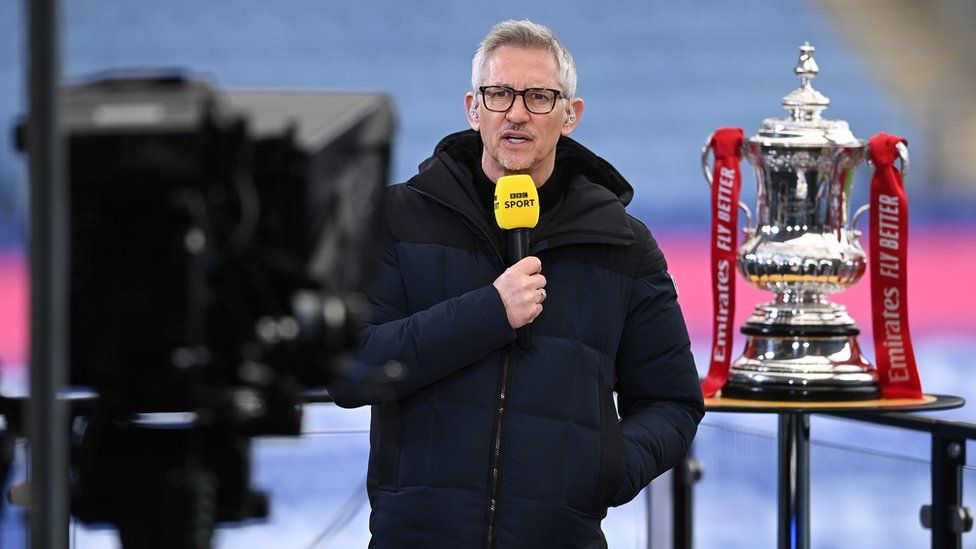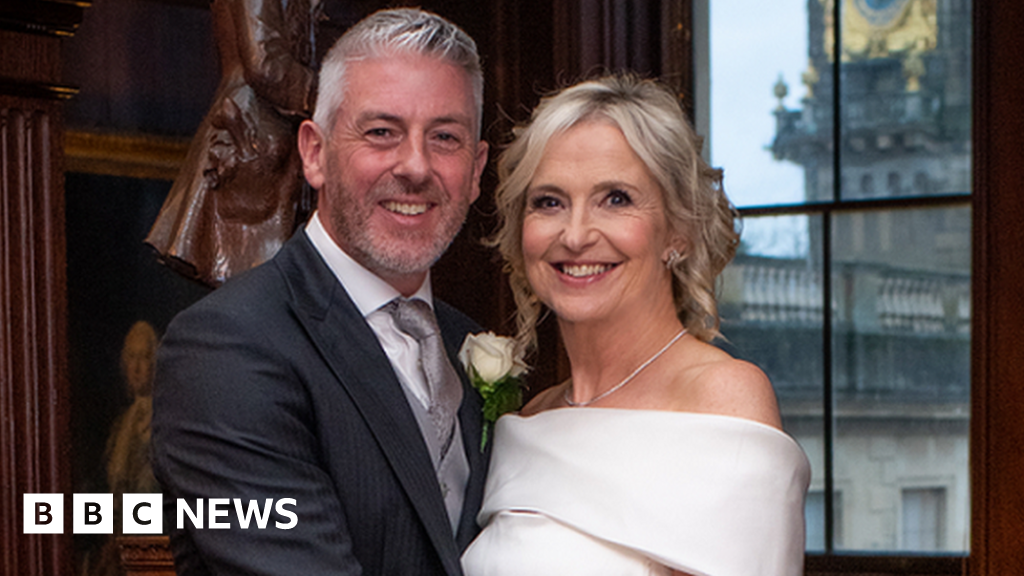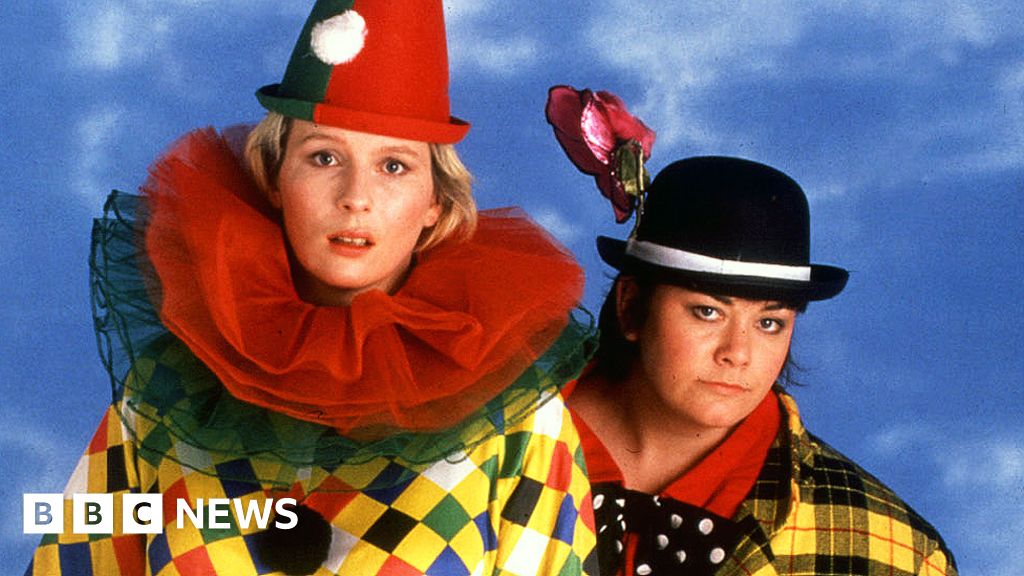 Image source, Getty Images
Image source, Getty Images
Gary Lineker was briefly suspended by the BBC earlier this year for tweets about government asylum policy
High-profile presenters should be allowed to express views on issues and policies but stop short of political campaigning, a new BBC report says.
New rules have been published for BBC flagship presenters following a row over Gary Lineker's social media posts.
It comes after a review into BBC social media guidelines was published by former ITN boss John Hardie.
Lineker responded on X, formerly Twitter, by saying the new rules were "all very sensible".
Those presenting flagship programmes will have "a particular responsibility to respect the BBC's impartiality, because of their profile on the BBC".
The flagship programmes include Match of the Day, which Lineker presents, plus The Apprentice with Alan Sugar.
The new guidance recognises the importance of freedom of expression, but says that while a programme is on air, and for a two-week window before and after the series, presenters on flagship shows must not endorse or attack a political party.
They must also not criticise the character of individual politicians in the UK, or comment on any issue of political debate during an election period, or take up an official role for a campaigning group.
Those who work in BBC news and current affairs, such as news presenters, are already subject to stricter rules around impartiality when using social media.
The other TV shows that have been classed as flagship shows are Antiques Roadshow, Dragons' Den, The One Show, major sporting events, Masterchef, Top Gear, Strictly Come Dancing, while for radio, the programmes are Radio 1's Breakfast show with Greg James, plus Radio 2's Breakfast with Zoe Ball, the mid-morning with Vernon Kay and the afternoon slot with Scott Mills.
This list will be kept under review.
Speaking to the BBC's Culture and Media editor Katie Razzall, Mr Hardie said: "The previous guidance said to not take sides on issues which are party political or political controversies. And this new approach says, you can do that, so long as you stay to the facts of the issue itself. So that is actually a significant change."
He added he hoped the new rules would make it easier for the BBC to manage any social media issues that crop up.
"In the future, it's easier for the BBC to be able to say if they're challenged by somebody who has made a social media post, to say [either], that clearly is dealing with the issue and the facts, or it's clear that they're making an attack on an individual.
"And I think that separation will make this more practical for the BBC in the future."
Strictly Come Dancing is named as one of the BBC's flagship shows under the new guidelines
The review of BBC social media guidelines was announced in the wake of a furore over Gary Lineker's posts earlier this year.
The row erupted in March after the Match of the Day host wrote that the government's language about a new asylum policy was "not dissimilar to that used by Germany in the 30s".
His comments were criticised by ministers and Downing Street, but also attracted widespread support on social media.
The BBC said Lineker had broken its guidelines on impartiality, and took him off air. But he returned a week later, with the corporation announcing the review to address "grey areas" in its rules.
The new guidelines also stress the importance of "high standards of civility in public discourse".
Image source, PA Media
Image caption,Alan Sugar presents The Apprentice on BBC One
This includes treating others with respect, even in the face of abuse and not using offensive or aggressive language."
The BBC said the new guidance "balances freedom of expression, the responsibilities of freelancers to the BBC and the expectations of audiences, while also ensuring our rules are clear, simple, transparent and enforceable".
The report also states BBC staff and freelancers outside the flagship shows and news and current affairs are not required to uphold the BBC's impartiality on social media. But they are required to "respect civility in public discourse and to not bring the BBC into disrepute".
That includes actors, dramatists, comedians, musicians and pundits who work for the BBC.

 Movie
Movie 7 months ago
147
7 months ago
147 


![Presidents Day Weekend Car Sales [2021 Edition] Presidents Day Weekend Car Sales [2021 Edition]](https://www.findthebestcarprice.com/wp-content/uploads/Presidents-Day-Weekend-car-sales.jpg)



 English (United States)
English (United States)